Work-life balance is the defining term of our time. Like no other, it expresses the fact that fulfilling work is important and does you good. But it’s just as good to find time for yourself, for your family and for friendships. That both have to be. Both are essential – as enough cases of bore-out and burn-out have confirmed – if we want to remain motivated, relaxed and happy into old age.
How well we can influence the work-life balance depends strongly on our profession. Whether working hours can be set by ourselves or tasks are clearly structured. It is more difficult with a week full of deadlines, colleagues who can be reached alternately, spontaneous additional tasks or long travel times. How many of these characteristics apply to a job is not always the same: jobs and job structures are as different as the people who fill them. One possible job path is working in science – more specifically, ocean sciences. What does the work-life balance look like there? A short report about a big topic and my conversations with ocean scientists from the projects CUSCO, EVAR and REEBUS.
Science, more than almost any other field, requires a great deal of flexibility from the people who work in it. Relocations can hardly be avoided in a scientific career, international congresses or – for example in ocean research – field expeditions over several weeks are the order of the day. In order to be able to pursue a career as a scientist, sacrifices have to be made. Periods of absence, possibly changing residence with bag, baggage and family, working on weekends and in the late evening hours.
At the same time, science is a self-determined field. This goes hand in hand with the possibility of being able to set one’s own working hours. Lab hours, meetings and deadlines still exist, but just as much of the work is data analysis and writing scientific publications, and that can be done at any time. Thus, science provides spaces that are not available in other professions. So a tired morning can be used to sleep in longer or take kids to school. One can make up professional time later. Even on another day, one can make it up when it’s a better fit. The same goes for taking a few days off using overtime to clear your head. Or for the spontaneous need to pick up the child from daycare. All of this is sometimes easier to do in science – albeit with coordination and stress – than in rigid professions where you have to be present for eight hours and part-time is the only option.
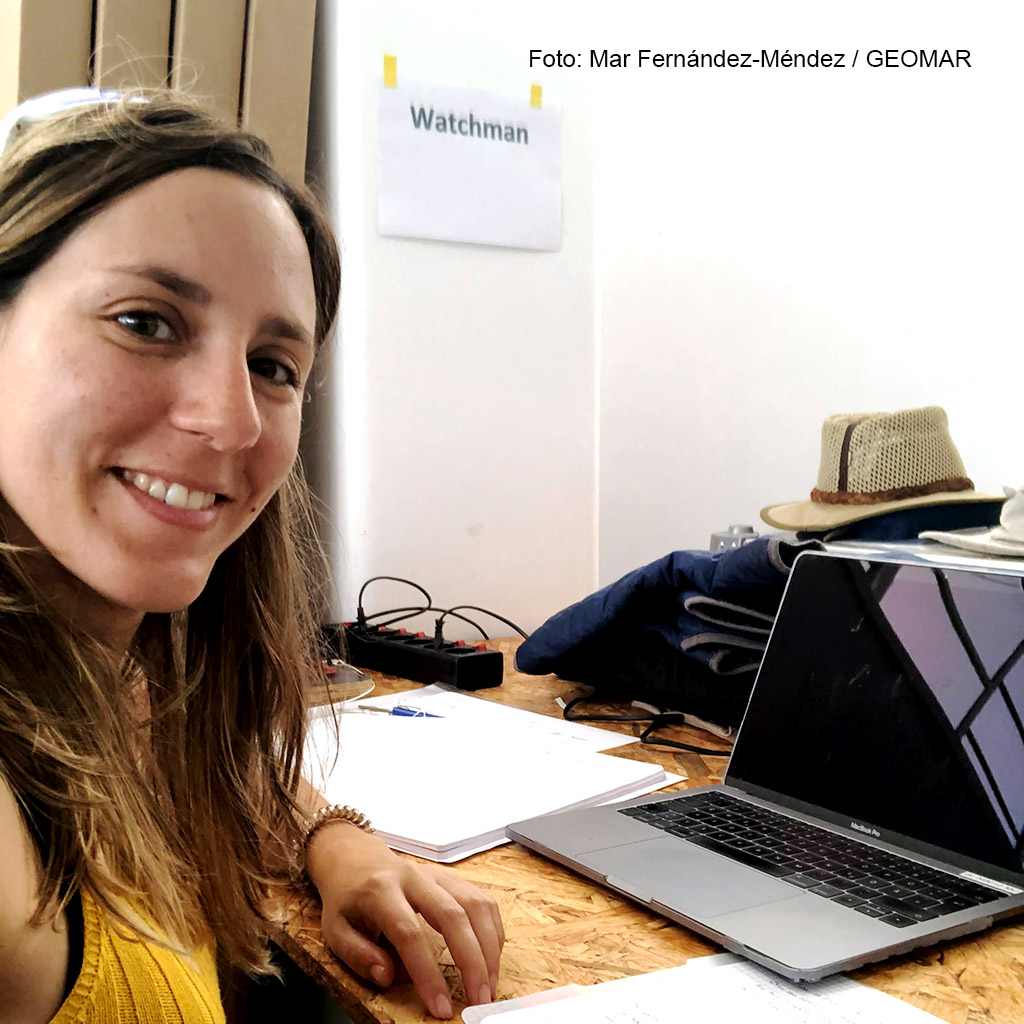
Scientific writing – an important part of research – is flexible; seems practical at first. However, this is accompanied by a high pressure to perform. 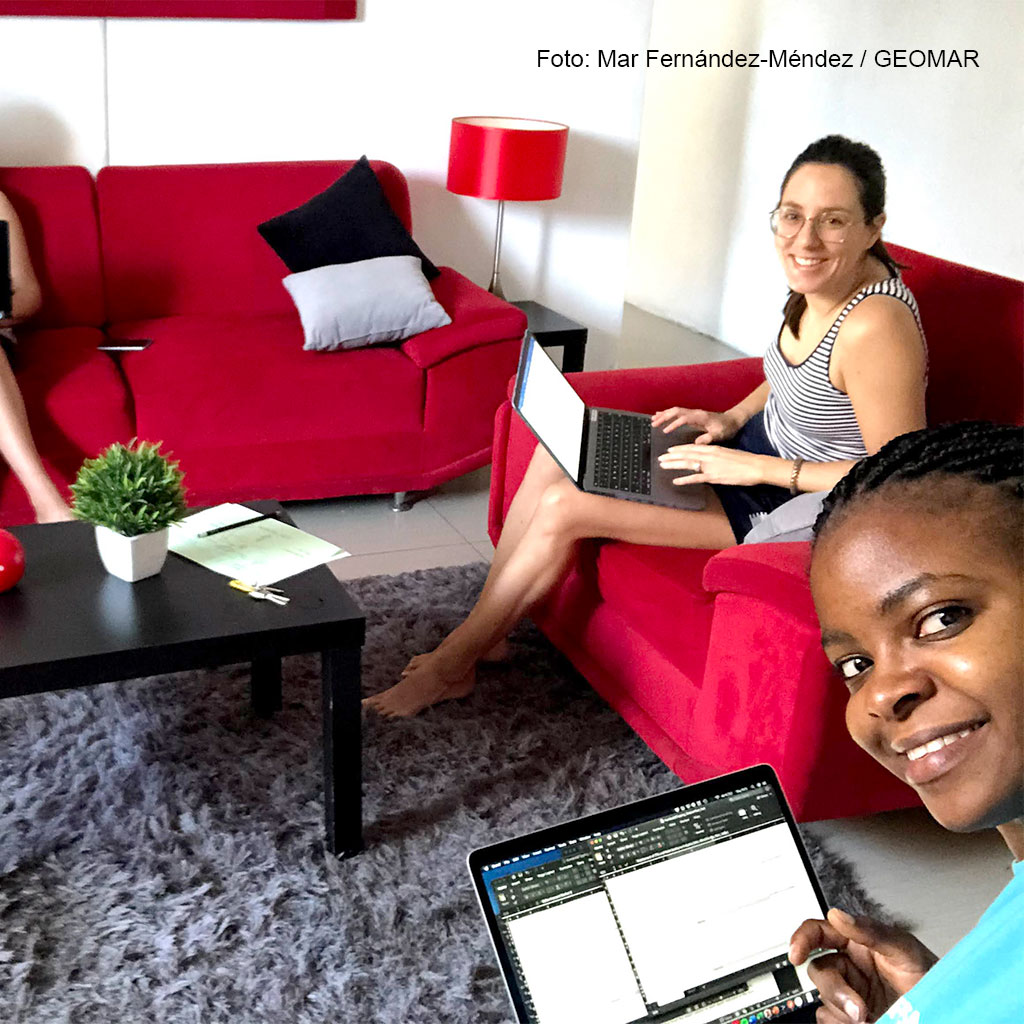
Only those who publish count for something in the long run, in science. Flexibility quickly leads to permanent work in order to keep up in the competitive field.
Family or field experiment?
Nevertheless, the whole thing is also glossed over. Science as a profession and a calling extends far into the private lives of scientists. What in younger years still manifests itself as adventure (trips by ship to distant countries), motivation (intensive occupation with an exciting topic) and networking opportunities (international collaboration), later becomes the essential question of whether two people in a relationship can be scientists at the same time. Whether both can go to sea with research ships or to events if there are also to be children. Whether it is at all possible to start a family while at the same time working on fixed-term project contracts, some of which only last for a year. Whether one of the two always has to put aside their own dream of being a scientist in order to decide to stay at home. And if so, which of the two. And is it even possible to be a scientist as a single parent?
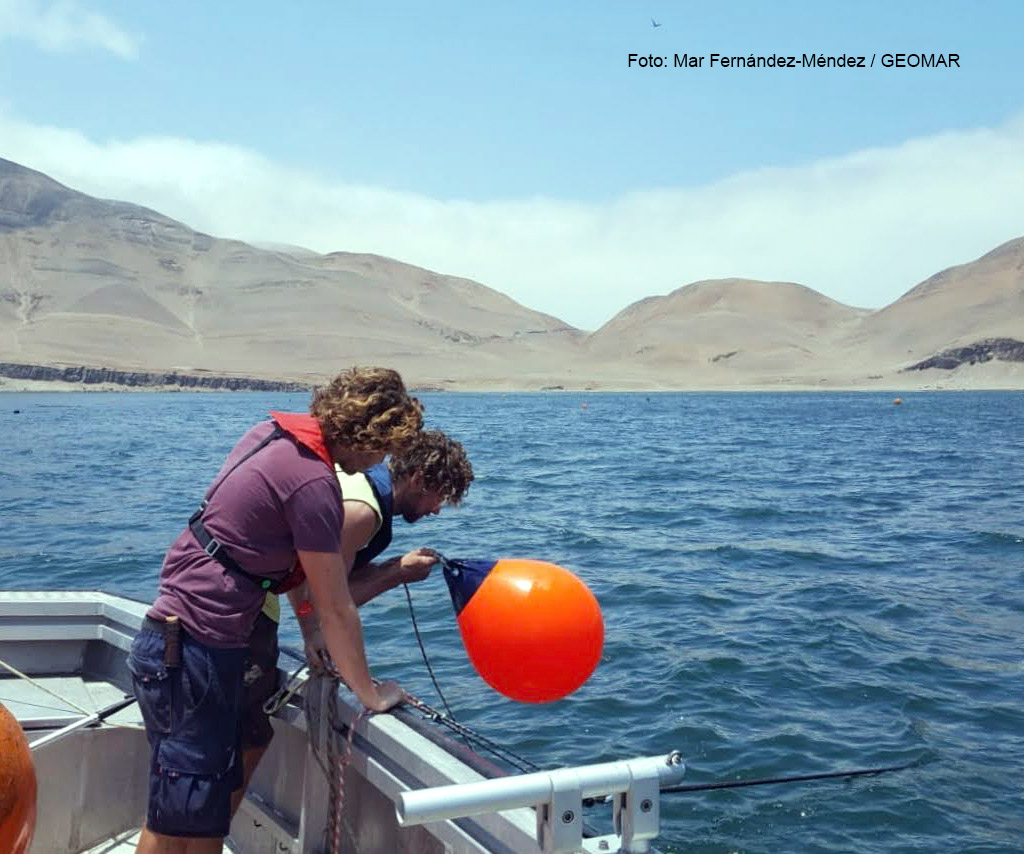
In ocean sciences, trips by ship over several weeks are not uncommon. This has an impact on private life. 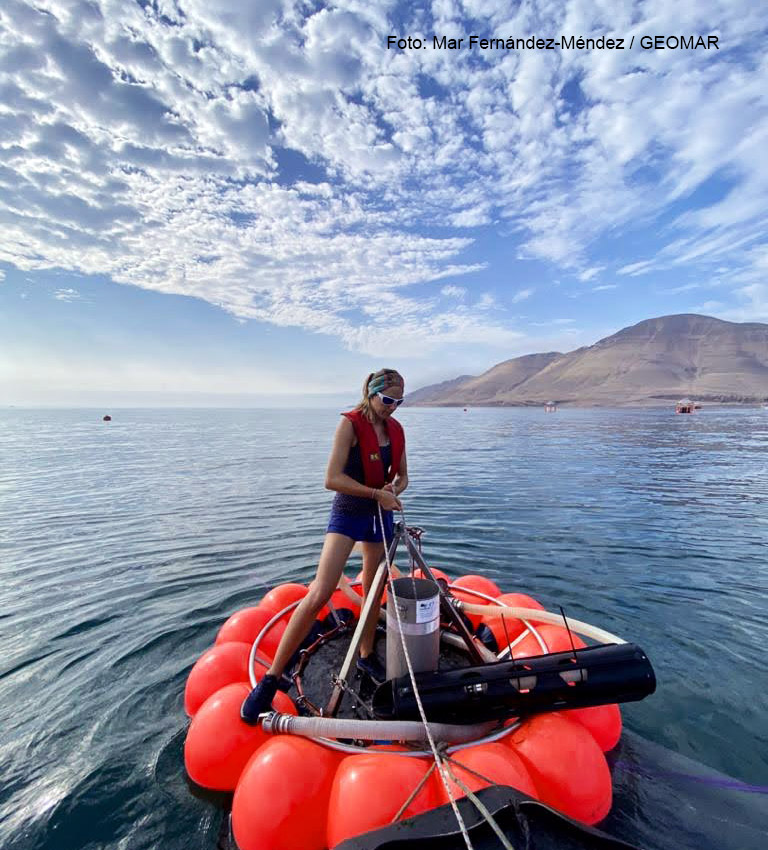
Conversations with scientists who have to balance their careers with a family reveal a variety of opinions on the subject. One thing is immediately obvious. They are all in stable couple relationships, so they do not have to cope with the whole situation alone. To what extent something and what exactly would have to change, in the scientific structures, the opinions diverge. Creating smaller working groups with more permanent positions, continuing to work promptly after having a child, or enabling better job situations for couples – there are ideas.
But everyone agrees that a decision has to be made somehow. A decision about whether you want to make the extra effort to fight for your own way. Moving with family. Not always being able to do justice to everyone or anyone at all. Possibly encountering discussions at home about what is still acceptable and what is not. It also becomes clear in all conversations that only a partnership that fully supports the career choice as a scientist will work in the long run. Especially if you want to make progress in the profession and have a family at the same time.
Leisure time despite or because of science?
Whether one can have strictly separated free time when working in science is then again – at least partially – dependent on the individual person. There is more flexibility in terms of time and space in science than in many other jobs. So good time management and clear announcements about availability are at least part of the way. But deadlines can’t be made to disappear. And neither can the constant pressure to perform and write scientific publications. Surprisingly, it doesn’t seem to be a burden to my talking partners that they keep themselves occupied with the research questions, even after work hours. The reason given to me for this is the strong self-interest in the research topic.

Being part of the science family comes with many positive sides. Having a family of your own or simply a clear separation between work and free time is sometimes challenging in the professional field.
It seems to depend very much on the respective life circumstances whether science as a workplace becomes a burden overall or not. Many of the existing structures can be used, some cannot. Some things in the German scientific landscape, I am told, are encrusted and date back to years when roles were more traditionally clarified. Current stories sound like this: A father had to write a project proposal during his entire parental leave and ultimately got little time with his child. A mother simply took her baby to the office and then lived with collegial nagging for the first few weeks. One colleague, despite her love for science, decided to take a different job in order to have a clearer separation of work and leisure time.
The development is progressing and the structures are changing for the better. Nevertheless, it remains the case that even today, a strong demeanor and an assertive spirit are required to master the path in science with healthy free time, or family time, in other words, a good work-life balance. And in at least some areas, the career field will always be challenging. For example, where field experiments and international exchange are necessary. There are advantages as well as disadvantages in the profession of scientist. For sure, there remains room for improvement at the current stage of development.
In the coming weeks’ blogposts, three colleagues from the projects CUSCO, EVAR, and REEBUS will tell us about their experiences with science as a career field, as well as their views on work-life balance in ocean research.
These are:
- Ivy Frenger – Meteorologist und Climate Researcher in project CUSCO
- Heide Schulz-Vogt – Professor, head of workgroup und project leadership for project EVAR
- Jon Roa – Technician for project REEBUS
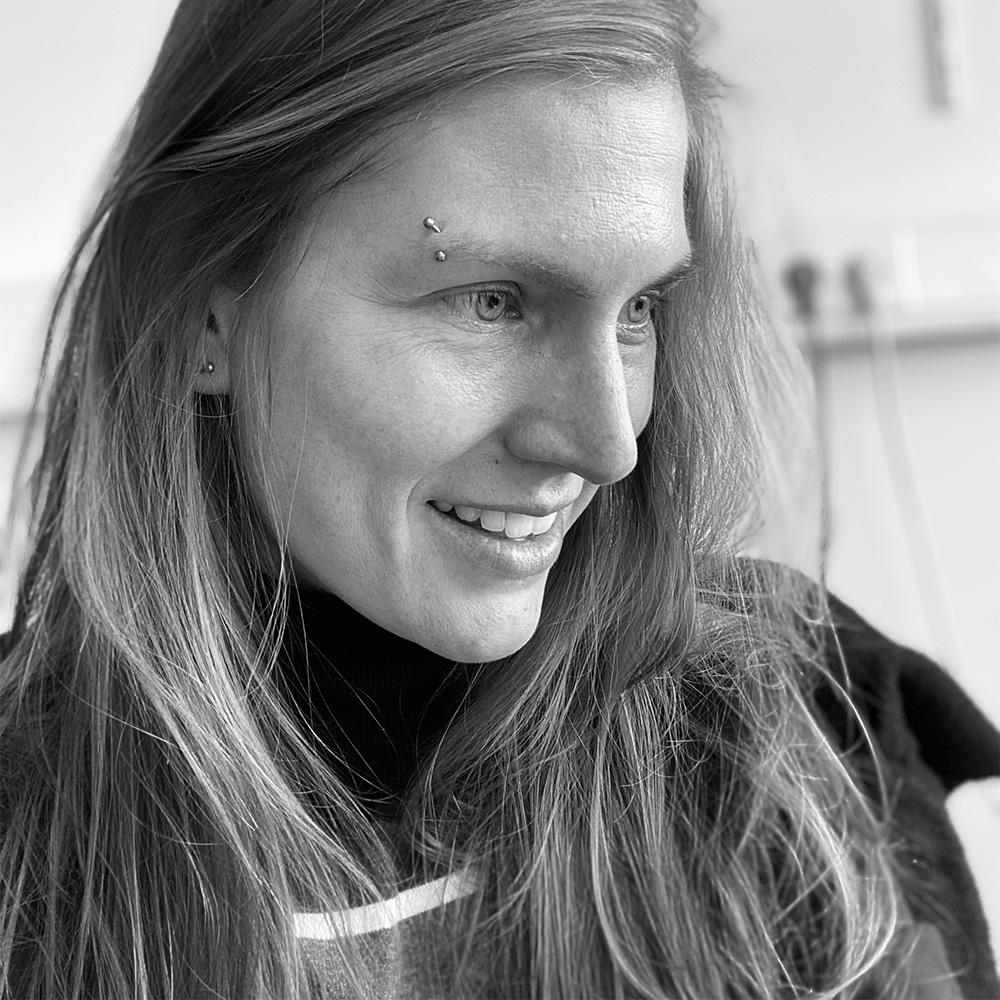
Author: Ann Kristin Montano
Former scientist who worked long enough in other fields to build up stereotypes about scientists. Now enjoys working among scientists to break down the stereotypes. Finds it difficult to give this big topic the right space. Therefore prefers to spend the next few weeks listening to what people in science themselves have to say about it.